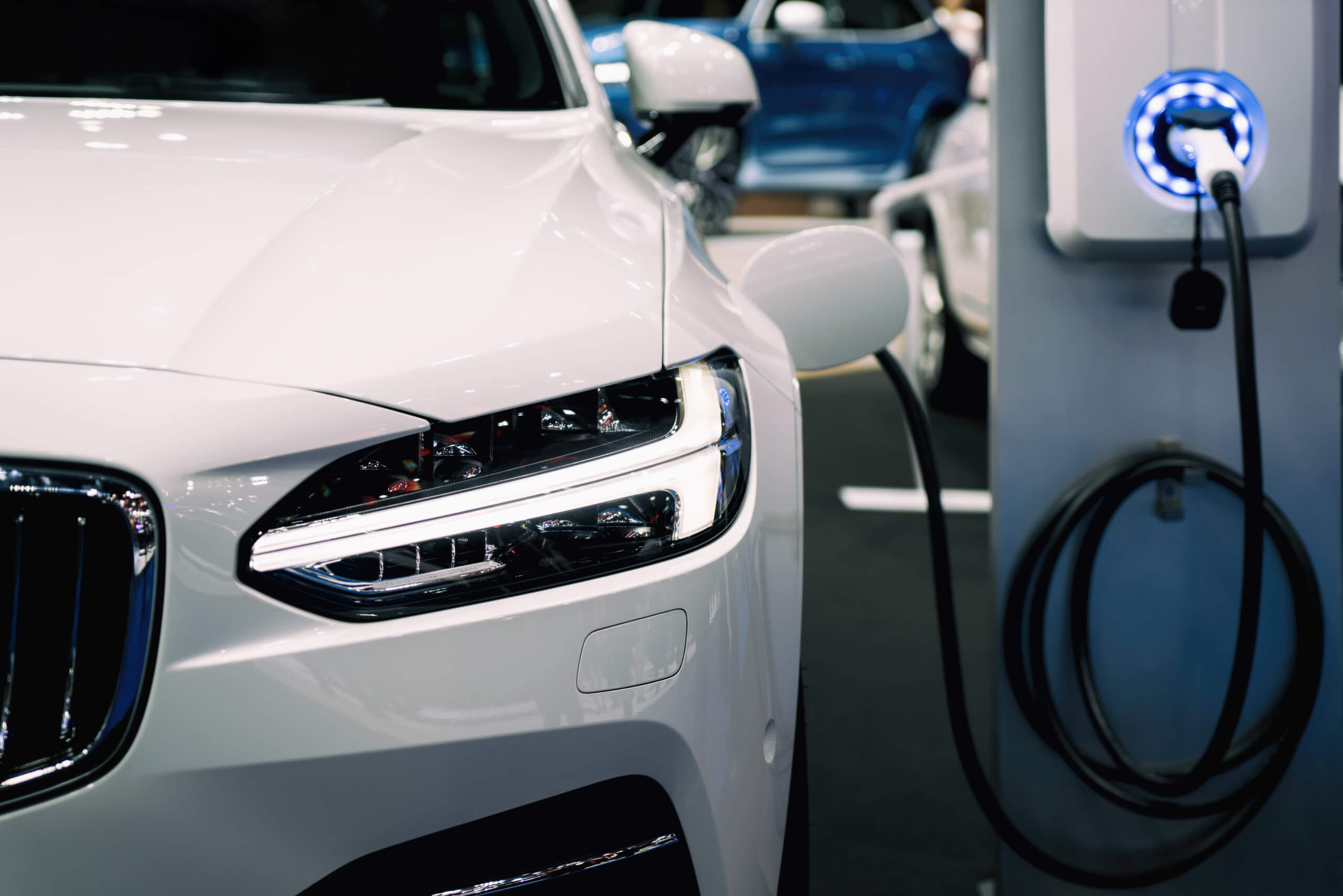New zero-emission electric or hydrogen vehicle sales in Norway more than doubled year on year in December 2022 to a record monthly high of 32,713 units, bringing the full-year total to a record 138,285 units, up 21.6% from 2021, according to the latest data released Jan. 3 by the Norwegian Road Information Authority, or OFV.
The December volume was also more than double from November’s previous record monthly high of 15,915 units.
The December EV volume made up 82.8% of the month’s total new passenger car registrations, which at 39,497 units were also up 92.1% year on year and 102.4% higher than November and was also at a record high, the data showed.
Increased demand for EVs has driven up battery metal prices. Platts, part of S&P Global Commodity Insights, assessed seaborne lithium carbonate and lithium hydroxide at $75,000/mt CIF North Asia and $81,300/mt CIF North Asia Jan. 3, up 124% and 156.5% year on year, respectively.
“The car industry worked hard to get new cars registered and delivered before the new year – because then new and higher car taxes were expected, including a new weight tax and VAT on electric cars for the part of the price that exceeds NOK500,000 [$50,132.50],” OFV Director Øyvind Solberg Thorsen said in a statement.
“Almost 40,000 first-time registered new passenger cars in December alone, means that just over 22% of the entire year’s new car registrations were made during the last month of the year,” he added.
Total 2022 vehicle sales down 1.1% on year
Overall, total passenger vehicles sales slipped 1.1% year on year to 174,329 units in 2022, with EV’s making up 79.3% of the total share.
The overall passenger vehicle sales for the year were impacted by a new wave of COVID-19 and the Russia-Ukraine war causing major production and delivery challenges in 2022, Solberg Thorsen said, adding that few thought that the full-year volume would be so high, with higher interest rates and rising food and electricity prices also hitting consumers’ buying power.
Meanwhile, registrations of new hybrid cars in December dropped 38.5% year on year, but increased 12.4% from November to 3,293 units, the highest monthly volume since December 2021 and making up for 8.3% of the total sales.
Of these, 1,905 were rechargeable hybrids and 1,388 were not rechargeable.
Hybrid sales for the whole of 2022 totaled 24,321 units, down 49.3% year on year and making up 14% of the total passenger car sales, down from a 27.2% share in 2021.
December sales of petrol engine cars amounted to 2,503 units, or 6.3% of total new vehicle sales for the month, the highest level on record since S&P Global’s records began in 2020.
The monthly total was much higher than December 2021’s 686 units and up from 229 units in November.
Full-year petrol engine vehicle sales, however, dropped 16.4% year on year to 6,280 units, a 3.6% share of the overall total sales for the year
Sales of diesel engine cars in Norway in December also climbed 37.1% from a year ago and more than doubled from November’s four-month low to 987 units, a 2.5% share.
This brought total diesel engine vehicle sales for 2022 to 5,441 units, down 23.3% year on year and a 3.1% share of the total sales for the year.
According to S&P Global Commodity Insights analysts, Norway’s plug-in light duty EV sales are forecast to reach 200,520 units in 2025 and 206,800 in 2030.
Norway has been one of Europe’s front-runners in EV adoption, with its total 2021 light duty PEV sales ranking sixth in the world after China, Germany, the US, the UK, and France, according to S&P Global.
EV sales have been boosted by government incentives, including no purchase/import taxes, exemption from 25% VAT on purchase, reduced annual road tax, 50% toll road and ferry charges, cheaper municipal parking fees and access to bus lanes, among others.
— Jacqueline Holman






